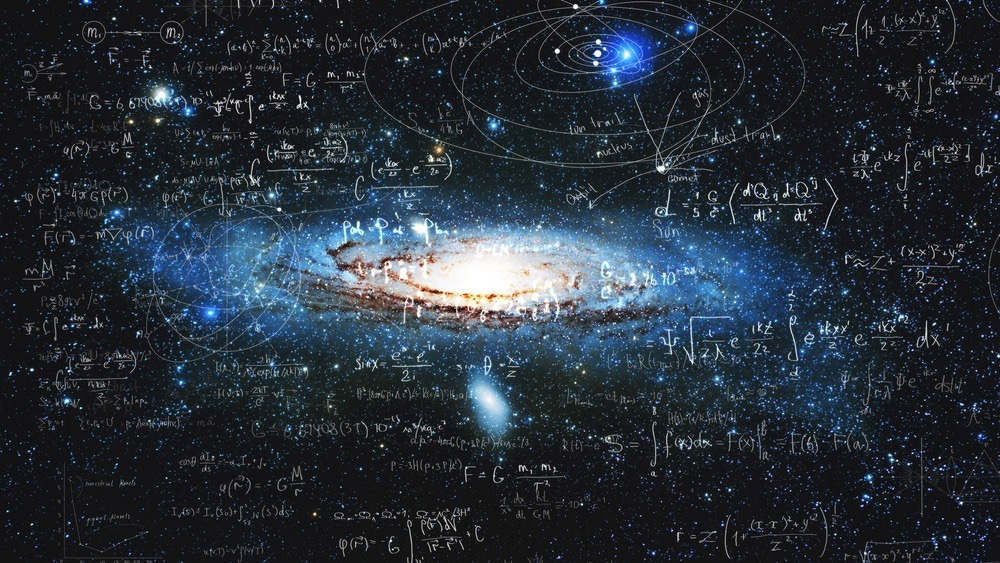
Image Credit: Lia Koltyrina/Shutterstock.com
They achieved this by scrutinizing recent observational data from space and ground-based telescopes that quantify the expansion of the Universe, as well as the distribution and the shapes of faraway galaxies.
The research analyzed whether amending General Relativity could help sort a few of the open issues faced by the conventional model of cosmology. The research details can be found in Nature Astronomy.
We know the expansion of the universe is accelerating, but for Einstein’s theory to work we need this mysterious cosmological constant. Different measurements of the rate of cosmic expansion give us different answers, also known as the Hubble tension.
Kazuya Koyama, Professor, Institute of Cosmology and Gravitation, University of Portsmouth
“To try and combat this, we altered the relationship between matter and spacetime, and studied how well we can constrain deviations from the prediction of General Relativity. The results were promising, but we’re still a long way off a solution.” Prof Koyama added.
Probable alterations to the General Relativity equation are covered in three phenomenological functions illustrating the expansion of the Universe, the effects on matter, and the effects of gravity on light. Using a statistical technique called Bayesian inference, the researchers restructured the three functions concurrently for the first time.
“Partial reconstructions of these functions have been done in the last 5 to 10 years, but we didn't have enough data to accurately reconstruct all three at the same time,” explained Prof Koyama.
What we found was that current observations are getting good enough to get a limit on deviations from General Relativity. But at the same time, we find it's very difficult to solve this problem we have in the standard model even by extending our theory of gravity.
Kazuya Koyama, Professor, Institute of Cosmology and Gravitation, University of Portsmouth
“One exciting prospect is that in a few years’ time we’ll have a lot more data from new probes. This means that we will be able to continue improving the limits on modifications to General Relativity using these statistical methods,” Prof Koyama added.
Forthcoming missions will deliver a very accurate three-dimensional (3D) map of the clustered matter in the Universe, which cosmologists refer to as large-scale structure. These will provide an unparalleled insight into gravity at faraway distances.
As the era of precision cosmology is unfolding, we are on the brink of learning about gravity on cosmological scales with high precision. Current data already draws an interesting picture, which, if confirmed with higher constraining power, could pave the way to resolving some of the open challenges in cosmology.
Levon Pogosian, Professor, Simon Fraser University
Journal Reference:
Pogosian, L., et al. (2022) Imprints of cosmological tensions in reconstructed gravity. Nature Astronomy. doi.org/10.1038/s41550-022-01808-7.